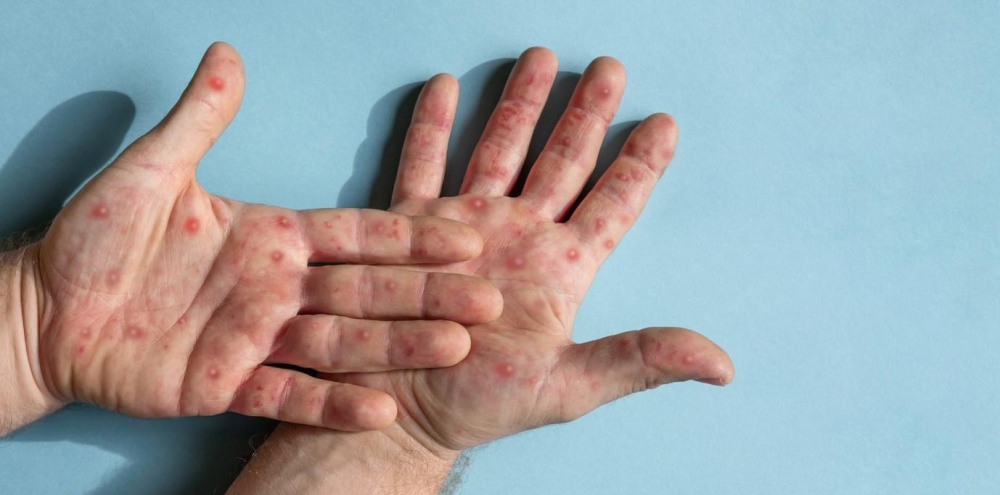

The recent confirmation of two cases of mpox – formerly known as monkey pox – in Rwanda should serve as a wake-up call for us all. While the government has swiftly mobilized resources to contain the outbreak, it is imperative that the public plays an equally crucial role in preventing its spread.
The cases were confirmed days after the outbreak was first reported within the region, specifically in the neighbouring Democratic Republic of Congo.
Mpox is a highly contagious disease, and early detection and response are key to mitigating its impact. The government's efforts to contain the outbreak are commendable, but we must remember that previous successes against similar outbreaks from neighbouring countries should not lull us into complacency.
ALSO READ: Rwanda ‘well-prepared’ to handle mpox outbreak, says health official
It is essential for everyone to be informed about the symptoms of mpox and to seek medical attention promptly if they experience any. By being vigilant and reporting suspicious cases early, we can help health authorities to trace contacts effectively and prevent further transmission.
Simple yet crucial preventive measures, such as maintaining good hygiene and avoiding close contact with infected individuals, among other measures can go a long way in reducing the risk of infection.
ALSO READ: DR Congo detects at least 25 mpox cases in Goma
It is important to remember that while the situation is concerning, it is not cause for panic. By working together and adhering to public health guidelines, we can successfully contain this outbreak and protect our communities.
Let us demonstrate the same resilience and unity that have characterized our response to past health challenges. By staying informed, taking precautions, and supporting the government's efforts, we can overcome this obstacle and emerge stronger.
The fight against mpox starts with each one of us. Let us be part of the solution.
Fortunately, we have a well-coordinated public health infrastructure that starts right from Community Health Workers in all communities in the country. Let us leverage on this to ensure any suspected case is swiftly identified and isolated to minimise contagion.
The government should therefore swiftly work to ensure Rwandans, starting with Community Health Workers fully understand the symptom of this disease to help us contain it in good time wherever it is identified.


